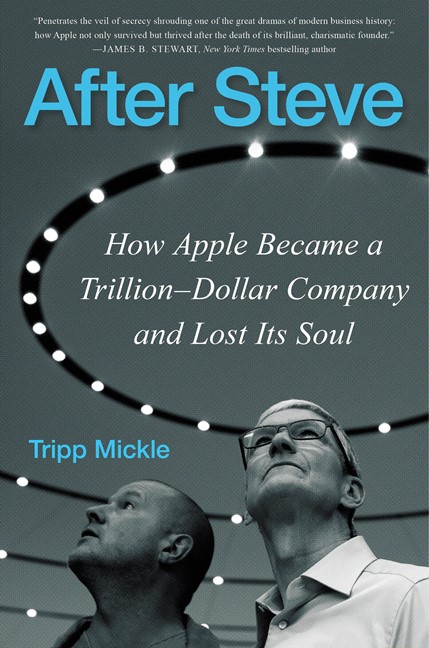Story Summary:
Unsung heroes and murderous villains, hidden forever in ancient shadows, now leap to life – blazing onto the pages of revelation. Gideon, a lowly woodcutter, is blessed by an angel to be the savior of all Israel. He does not know why or how and shrinks from this dangerous mission. The commandment to conquer the Midian Empire as one man seems all but impossible. But Gideon’s confidence grows as God guides his every step until he stands fearless and faithfully fulfills his destiny as, “A mighty man of valor.” The fierce warriors, burning towers and devastated cities contained in Gideon’s Journey, are but silver threads that weave into a sweeping tapestry of ancient intrigue. Running through and stitching together the entire saga is The Lord of the Covenant, or The Baal-Berith, also known as Gideon’s mysterious Ephod of Gold.
Manhattan Book Review – 4 Stars
Barak’s chances of winning the battle of Mount Tabor were slim, very slim. Back in the middle of the 12th century BCE, the Midian Empire with its far larger and stronger army would surely whip the Israelite forces. Then, divine intervention for the worshipers of Adonai, the one God: a mega-storm suddenly appears on the horizon, torrential rain churns up the dusty plain. The idol-worshiping Sisera’s horse-drawn chariots are stuck in the mud and vanquished.
Ganci’s retelling of the biblical Book of Judges is a page-turner. Generals and kings highlighted in the book’s five sections leap off the pages of the Old Testament, usually acknowledged as a collection of rules and extraordinarily long lists of names.
While the author’s forward suggests the realm of science-fiction, within a handful of pages the saga’s origin is revealed. After Barak’s demise, his successor, Gideon, the title’s namesake, takes on leadership of the Israelites. Gideon is a complex character. Physically almost a head and shoulders higher than the other “pesky Israelites,” (Joseph Ganci has a wonderful turn of phrase), he is humble and lacks self-confidence, characteristics which enhance his appeal. Hopefully it is not sacrilegious to compare him with Kirk Douglas in his heyday. He falls deeply in love with Drumah, despite being forbidden to consort with a daughter of the Canaanite enemy. After he “harvest[s] the fruit of her passion” and she spends time hidden in a cave, eventually the rules are bent and she becomes his concubine.
Gideon’s strength and reputation swell until, when he dies, he is mourned by his seventy sons. Abimelech takes the reins. He is emphatically not a chip off the old block, a thoroughly nasty bit of work who kills all but his youngest brother (who escapes) and tries to unite in one kingdom both the idol-worshipers and the Israelites, an absolute travesty.
This is ancient history from a twenty-first century perspective. And it works! Once Abimelech is decapitated, the story accelerates. Further intrigue culminates with the leadership of Eli, the young high priest, who takes the reader from the final pages of the Book of Judges to the first Book of Samuel.









